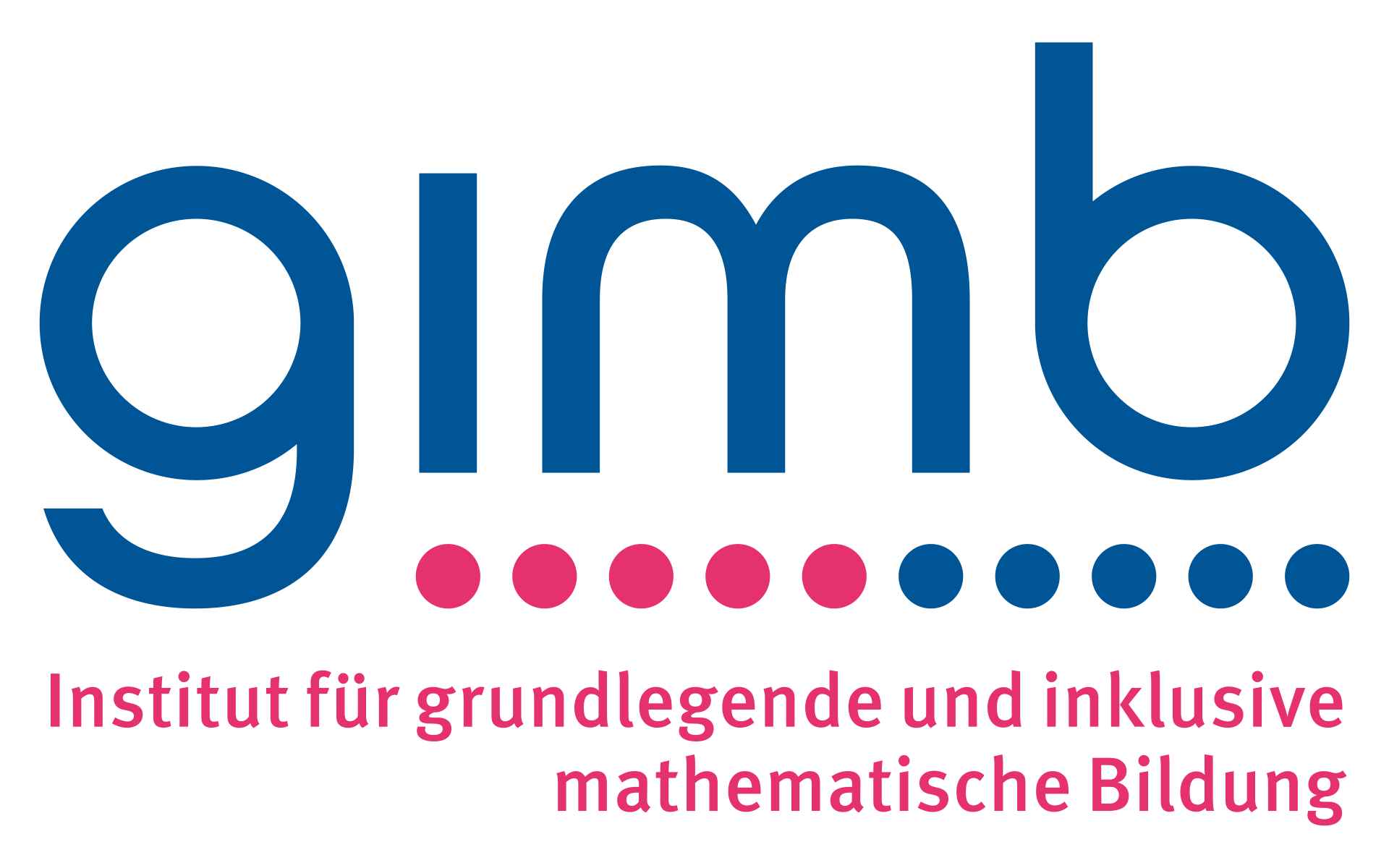Forschungsschwerpunkte
- Technologiegestützte Mathematikdidaktik
- Innovative Pädagogik und neue Technologien
- Flipped Classroom und Blended Learning Modelle
- Video-basierter Unterricht
- Augmented Reality und Virtual Reality
- Künstliche Intelligenz
- Mathematische Modellierung
- Qualitative Forschungsmethoden
- Qualitative Evidenzsynthese, systematische Übersichten
- Meta-Analysen und bibliometrische Analysen
Beruflicher Werdegang
- W2-Vertretungsprofessur, Universität Münster
- Einstein Postdoctoral Fellow, Humboldt-Universität zu Berlin
- Projektleiter, Universität Hamburg
- Humboldt Postdoctoral Fellow, Universität Hamburg
- Mathelehrer
- Wissenschaftliche Mitarbeiter, Gazi Universität
- Referendariat, Ministerium für Nationale Bildung Türkei
Lehre
- Vorlesung: Mathematisches Kaleidoskop [108512][ - | | wöchentlich | Di | Fl 119 | PhD Mustafa Cevikbas]
[ - | AP, HS | PhD Mustafa Cevikbas]
[ - | GEO1 H�rsaal | PhD Mustafa Cevikbas]
[ - | S 1 | PhD Mustafa Cevikbas]
[ - | S 2 | PhD Mustafa Cevikbas] - Seminar: Inklusiver Mathematikunterricht in der Grundschule - Gruppe VII [108571]
[ - | | wöchentlich | Mo | PhD Mustafa Cevikbas]
[wöchentlich | PhD Mustafa Cevikbas] - Seminar: Inklusiver Mathematikunterricht in der Grundschule - Gruppe VIII [108572]
[ - | | wöchentlich | Mo | S011 | PhD Mustafa Cevikbas] - Übungen zum Mathematischen Kaleidoskop [108513][ - | | wöchentlich | Di | Fl 30 | PhD Mustafa Cevikbas]
[ - | | wöchentlich | Do | Cont BH-5 | PhD Mustafa Cevikbas]
[ - | | wöchentlich | Do | Cont BH-5 | PhD Mustafa Cevikbas]
[ - | | wöchentlich | Do | SRZ 19 | PhD Mustafa Cevikbas]
[ - | | wöchentlich | Do | SRZ 19 | PhD Mustafa Cevikbas]
- Vorlesung: Mathematisches Kaleidoskop [108512]
Publikationen
- . (). Empirical research on teacher competence in mathematics lesson planning: recent developments. ZDM - International Journal on Mathematics Education, 56(1), 101–113. doi: 10.1007/s11858-023-01487-2.
- . (). Trends in mathematics education and insights from a meta-review and bibliometric analysis of review studies. ZDM - International Journal on Mathematics Education, 56(2), 165–188. doi: 10.1007/s11858-024-01587-7.
- . (). Mathematics teachers’ beliefs about their roles in teaching mathematics: orchestrating scaffolding in cooperative learning. Educational Studies in Mathematics, -. doi: 10.1007/s10649-024-10359-9.
- . (). Utilizing Explanatory Videos in the Flipped Mathematical Modelling Classrooms. In (Eds.), Researching Mathematical Modelling Education in Disruptive Times (0. Aufl. , pp. 223–233). New York City: Springer Publishing. doi: https://doi.org/10.1007/978-3-031-53322-8_17.
- . (). An evaluation framework for explanatory videos in flipped mathematical modelling education. In (Eds.): Proceedings of the 46th Conference of the International Group for the Psychology of Mathematics Education. 0. Aufl. , p. .. Internet: PME.
- . (). Advantages and challenges of using digital technologies in mathematical modelling education – A descriptive systematic literature review. Frontiers in Education, 8, Article 1142556. doi: https://doi.org/10.3389/feduc.2023.1142556 .
- . (). Potential of flipped learning pedagogy in mathematics education: A review study. In (Ed.): 56. Jahrestagung der Gesellschaft für Didaktik der Mathematik (GDM) . 0. Aufl. , pp. 653–657. Münster: Verlag für wissenschaftliche Texte und Medien. doi: 10.37626/GA9783959872089.0.
- . (). Can flipped classroom pedagogy offer promising perspectives for mathematics education on pandemic-related issues? A systematic literature review. ZDM - International Journal on Mathematics Education, 55(1), 177–191. doi: 10.1007/s11858-022-01388-w.
- . (). Exploring the Benefits and Drawbacks of AR and VR Technologies for Learners of Mathematics: Recent Developments. Systems, 11(5). doi: 10.3390/systems11050244.
- . (). A systematic literature review of the current discussion on mathematical modelling competencies: state-of-the-art developments in conceptualizing, measuring, and fostering. Educational Studies in Mathematics, 109(2), 205–236. doi: 10.1007/s10649-021-10104-6.
- . (). Promoting Personalized Learning in Flipped Classrooms: A Systematic Review Study. Systems, 14(18). doi: 10.3390/su141811393.
- . (). Student Engagement in a Flipped Secondary Mathematics Classroom. International Journal of Science and Mathematics Education, 20(7), 1455–1480. doi: 10.1007/s10763-021-10213-x.
- . (). Fostering mathematical modelling competencies: A systematic literature review. In (Eds.), Initiationen mathematikdidaktischer Forschung (0. Aufl. , pp. 51–73). New York City: Springer Publishing. doi: https://doi.org/10.1007/978-3-658-36766-4_3 .
- . (). The role of digital resources in mathematical modelling research. In (Eds.): 45th Conference of the International Group for the Psychology of Mathematics Education-PME . 0. Aufl. , pp. 152–155. Internet: PME.
- . (). A systematic review on task design in dynamic and interactive mathematics learning environments (Dimles). Mathematics, 9(4), 1–20. doi: 10.3390/math9040399.
- . (). Flipped classroom as a reform-oriented approach to teaching mathematics. ZDM - International Journal on Mathematics Education, 52(7), 1291–1305. doi: 10.1007/s11858-020-01191-5.
- . (). Investigation of the secondary school math teachers’ feedback giving process and their perceptions of feedback . Anadolu Journal of Educational Sciences International, 8(1), 98–125. doi: doi: 10.18039/ajesi.393885 .
- . (). An innovative learning model in digital age: Flipped classroom. Journal of Education and Training Studies, 5(11), 189–200. doi: https://doi.org/10.11114/jets.v5i11.2322.
- . (). Future mathematics teachers’ knowledge of rational and irrational number concepts. Journal of Uludag University Faculty of Education, 30(2), 551–581. doi: https://doi.org/10.19171/uefad.368968.
- . (). The role of feedback given by mathematics teachers to students’ mistakes in their self-esteem. Gazi University Journal of Gazi Education Faculty, 36(3), 523–555.
- . (). Prospective mathematics teachers’ views on the FATIH Project: The big educational technology movement in Turkey. International Journal of Education in Mathematics, Science and Technology, 3(4), 298–312.
Dr. Mustafa Cevikbas



